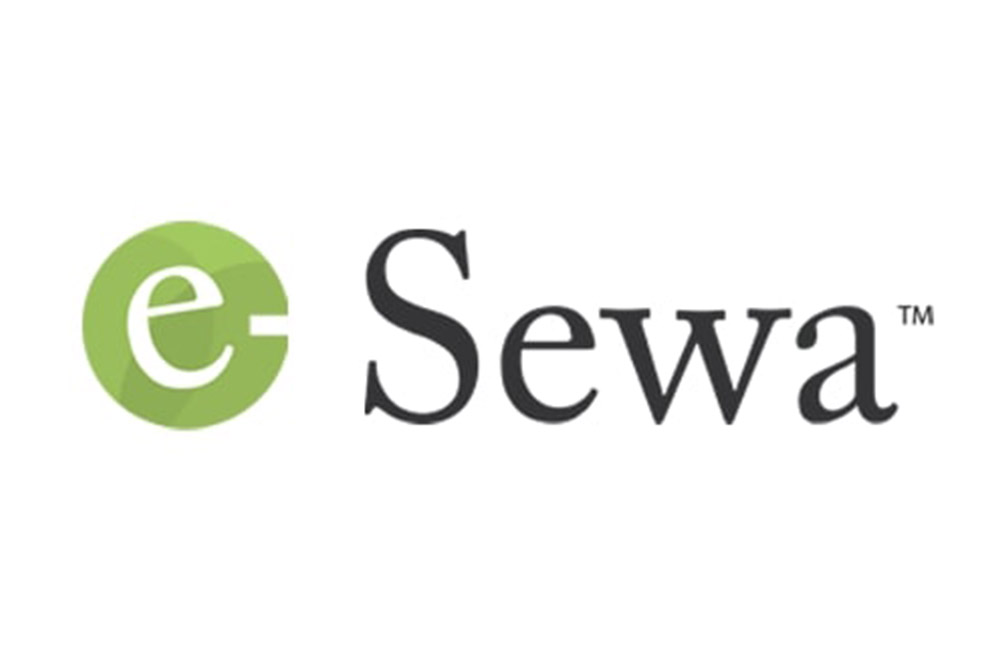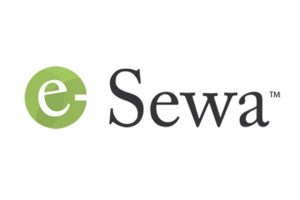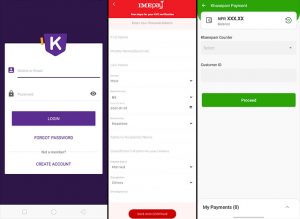eSewa, Nepal’s first digital wallet is 13 years old now. The application that was released in beta version in 2009 launched its full-fledged service after a while on January 25, 2010. Since then, it has made significant contributions to building a cashless economy during this period.
Today, eSewa is considered the number one e-wallet in such a way that it has become synonymous with the digital wallet service in Nepal. Let’s take a brief tour of Nepal’s first online payment getaway.
Initial days

The starting days were not easy, remembers Subash Sapkota, the company’s chief executive officer. “We were having hard times explaining to people about the digital wallet. The digital transaction was the need of the hour then. However, there was no proper channel for doing so.”
But now, the number of eSewa account holders has reached around six million.
The app has made it easy to pay all kinds of utility bills including electricity bills, insurance premiums, telephone, drinking water and internet bills, recharge cards, aeroplane and bus tickets, school and college fees and whatnot.
Before the introduction of the eSewa wallet, there were no other digital wallets in Nepal. Now, the number of digital wallets has reached 27.
But, as a pioneer of digital payment gateway in Nepal, it had to complete with cash transactions alone in the starting phase. “We have not completely won over it,” says Sapkota, who considers cash transactions as his main competitor even today.
Sapkota says that they consider other similar companies as companions rather than competitors. “Together, the main competition should be with cash now,” he states.
Efforts for institutionalisation

Over the course of 13 years, many people have joined the world of digital wallets. Whether it is for going to lunch or getting an air ticket, the payment behaviour of many cash users has changed.
But, eSewa struggled a lot to establish itself in the market. Even after it came into operation, there was a lack of required infrastructures for digital transactions in the country. “We were talking about mobile payments, but there were no sufficient mobile phones at that time, nor internet access was available everywhere.”
It was only after around five years of the establishment of the company that mobile phones reached the hands of many people. Likewise, the growth of internet service providers started accelerating. All these technical developments opened a gate for the success of digital transactions in Nepal. With this, eSewa entered the second phase of its growth.
The hardship in the market was not over yet as there was no law on digital transactions in Nepal. However, eSewa was registered in the authority and was operating on the basis of international usage.
At that time, there were many challenges as to who would regulate such a company, who would give licences, how the people would trust, how the money kept there would be protected, whether the money there would be kept by the company or not.
Digital transactions after Covid-19
Amid such confusions, the Covid-19 pandemic began. After the pandemic, the public’s interest in digital transactions and payment has escalated.
“The pandemic brought the necessity of digital transactions into notice, which resulted in greater public interest and usage of the digital wallet,” says Sapkota.
Now, with Covid-19, many challenges faced by the company in the past have been resolved. The government has enacted laws for digital transactions. Nepal Rastra Bank has set up a separate department to issue licences for digital transactions and to regulate such institutions.
CEO Sapkota says, “With proper infrastructure and law, it has been a bit easy for us although we were established without any infrastructure and law.”
But, now, there is a new challenge for the companies. It is a security challenge.
At this time, the main concern is whether this eSewa will run only with digital payment. It has done digital transactions. But now, apart from this, the customers are interested in the process of digital licensing of financial transactions also.



























